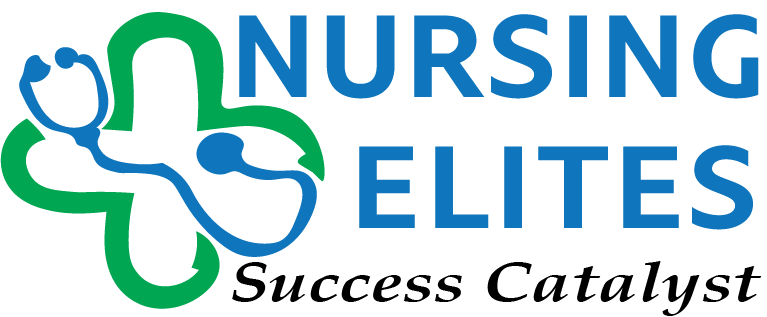Research shows that the average dropout rate in nursing school is at a record high of 20% nationwide. While some students withdraw from nursing school for personal reasons, many leave after failing to cope with the challenging course materials. The most failed class in nursing school can be problematic for aspiring nurses, even after taking the class numerous times. In this post, our nursing class experts explore the challenging classes in nursing school based on research and surveys from institutions countrywide.
What is the Most Failed Class in Nursing School?
A survey of nursing students from different institutions countrywide shows the most failed class in nursing school varies based on academic strengths and weaknesses. Some students fail the Medical Surgical 1 course, while others perform poorly in pharmacology and pathophysiology. It’s hard to pinpoint a specific subject as the most failed class in nursing school. Below is a comprehensive list of the most failed classes in nursing school, what they cover, the aspects that make them challenging, and ways students can excel in the classes:
Pharmacology
Pharmacology is the most failed class in nursing school. It tests prospective nurses’ knowledge of numerous medications provided during patient care. According to the Food and Drugs Association, over 20,000 approved prescription drugs exist on the market today. Students must master the prescribed drug classifications, from antibacterials to antibiotics, antidepressants, hormone suppressants, blood products, anticonvulsants, and more.
Furthermore, they must know each drug’s use and its potential side effects in patients with specific conditions like allergies. Memorizing this information can be challenging and time-consuming, considering students have other nursing courses. Prospective nurses can excel in the pharmacology class by writing down the drug classifications, uses, and side effects on note cards. Additionally, they can take practice quizzes to familiarize themselves with the exam questions or research simplified information online.
Medical Surgical
Medical Surgical or Adult Health 1 is another commonly failed class in nursing school. It covers persistent diseases in adults, like arthritis, cancer, hypertension, diabetes, and other chronic conditions. To excel in this course, learners must combine knowledge from previous nursing school courses, such as pharmacology, health assessment, and pathophysiology. These materials can be overwhelming to remember.
The best ways to prepare for the Medical Surgical 1 class are to:
- Combine class notes with lecture slides: Lecture notes contain diagrams and visuals that can help remember text better
- Take the Kaplan nursing practice questions: These are questions that prepare students for the final exam
- Using gamified learning platforms: Game badges, quiz times, and other games makes learning more interactive
- Apply information in a clinical setting: Hands-on practice helps students grasp medical concepts better
Pathophysiology
In pathophysiology, students learn the human anatomy, including cells, tissues, bones, organs, and organ system structures and their functions. They also discover the various illnesses and diseases that could affect these systems upon contact. Learners must identify the processes and routes the diseases take before entering the human body. They must determine the impact of various illnesses and disorders affecting the cells, tissues, and organs and the best ways to manage or treat these issues to avoid long-term damaging effects.
Passing the pathophysiology class requires a combination of study techniques. Students can create flashcards and study guides from the course objectives and reference books. They can also use online resources such as YouTube videos to learn pathophysiology concepts like EKG abnormalities, hypertension, etc. Finally, using mnemonics can improve learning and memory retention capabilities.
Health Assessment
A section of students online site health assessment as the most failed class in nursing school. The demanding nature of the patient reviews and assessments makes this course challenging for nursing students.
Students must complete a full body health checkup of the lungs, heart, and breathing rate and analyze the results for abnormalities. After, they must trace the source of the issues diagnosed during an assessment and communicate their findings to doctors and patients using simple language.
Excelling in this class requires close collaboration with nursing course mates. One student can act as the patient and the other as the health assessor. Students should also use lab time to perfect their health assessment skills on mannequins and dummies. Finally, short explainer videos can show the step-by-step process, whether washing hands, handling patients carefully, or wearing PPE.
The Most Failed Class in Nursing School: The Final Word
This isn’t a comprehensive list of the challenging nursing programs, as opinions on the most failed class in nursing school can vary depending on students’ academic aptitude. Most, if not all, nursing school programs can be stressful for aspiring nurses due to the demanding nature of nursing school and the limited study time. Our expert nursing exam helpers can help students study for the most failed class in nursing school and take their proctored and take-home exam.





Pingback: Navigating the 10 Major Contemporary Issues in Nursing